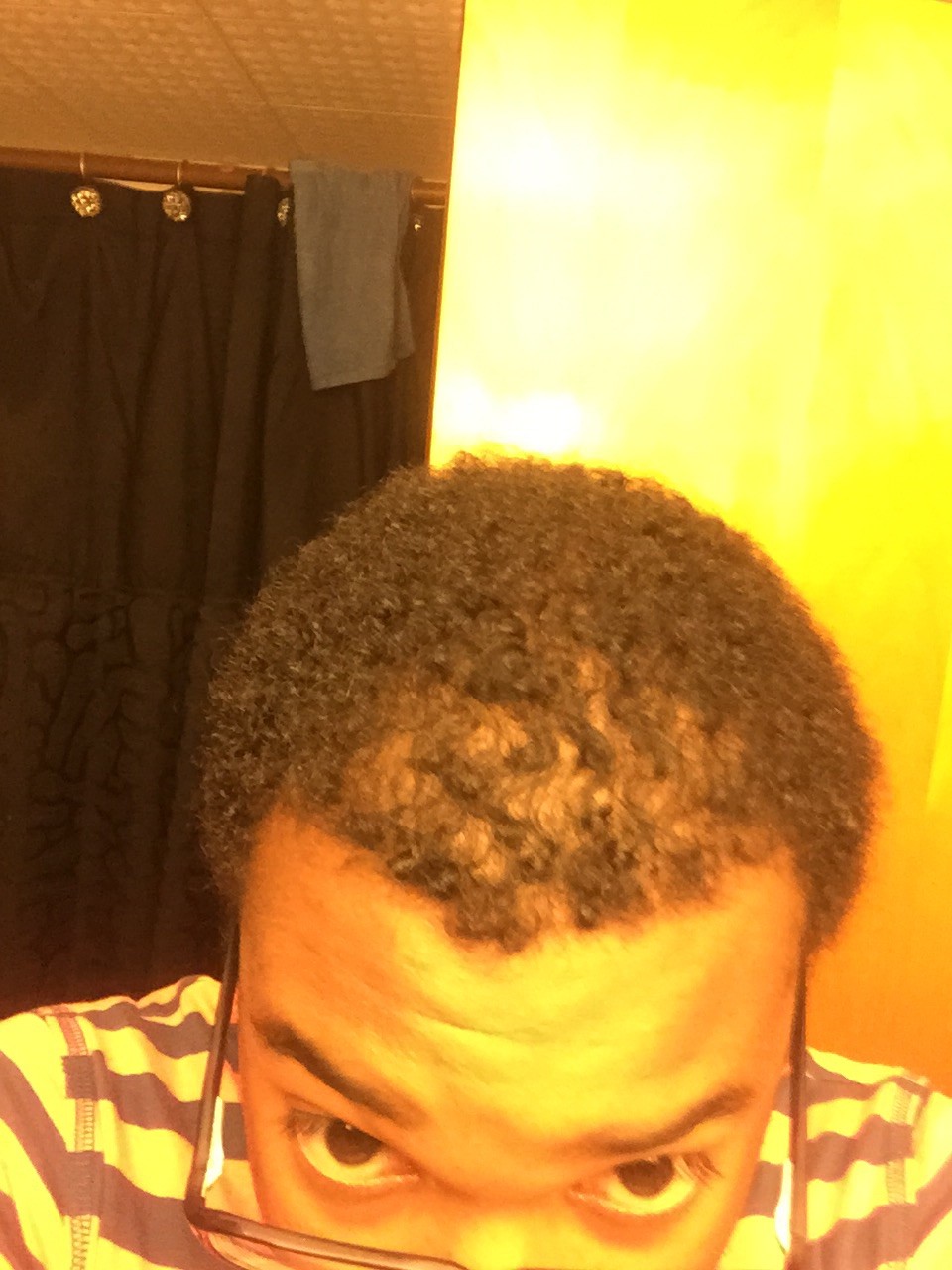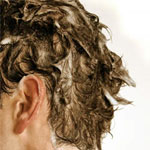i’m an 19 year old girl suffering from androgenetic alopecia. i’ve been losing much hair and tried everything(rogain 2%, hormone therapy) but didn’t see any major results. i’m considering of having FUE on my frontal hairline, the problem is, my skin is prone to forming keloids. I know that keloid will probably form on the donor area but is there any possibility at all that keloids will grow on my hairline??
Yes, you are at risk of forming keloids on your recipient area (frontal hairline), but the risk is low. In all of my years, I have never seen a keloid in the recipient area. At a medical meeting some years ago, we polled the audience of about 300 hair transplant doctors to ask them to raise their hands and tell us if anyone ever saw a keloid in the recipient area. No one raised their hands.
You must also consider that androgenic alopecia in a 19 year old female is very rare and make sure that you have the correct diagnosis along with realistic expectation of what you are trying to accomplish and the fullness that you are going to have from a transplant. In other words, you must weigh the risks versus the benefits and you absolutely need a diagnosis by a competent doctor.
2007-09-14 13:33:162007-09-14 14:03:41I Want a Hair Transplant, But I’m Prone to Forming Keloids


 My hair is thinning and falling out. I’ve had a problem with acasional redness and serious flaking and itching. Only happens on my scalp. If I don’t condition after shampooing, it shows up that day. Otherwise, its alright.Could there be a fungus that is causing my hairloss? My family doesn’t have hairloss problem.
My hair is thinning and falling out. I’ve had a problem with acasional redness and serious flaking and itching. Only happens on my scalp. If I don’t condition after shampooing, it shows up that day. Otherwise, its alright.Could there be a fungus that is causing my hairloss? My family doesn’t have hairloss problem. You are right to be on Propecia. I can not tell you how you might lose it, particularly with Propecia on board. Ask your dad how and when he lost his hair, as that will give you some possible insight. If I mapped out your scalp hair for
You are right to be on Propecia. I can not tell you how you might lose it, particularly with Propecia on board. Ask your dad how and when he lost his hair, as that will give you some possible insight. If I mapped out your scalp hair for